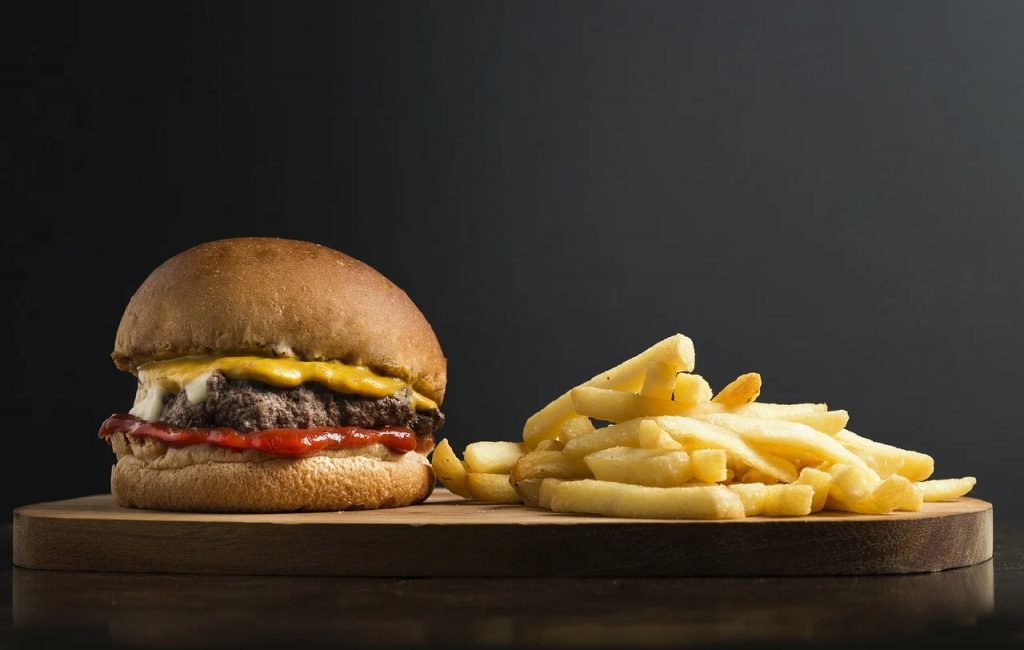McDonald’s And Burger King Contaminating Fast-Food With Toxic Chemicals?
Fast-food is already unhealthy enough, however, McDonald's and Burger King are now allegedly putting forever chemicals in food.
This article is more than 2 years old

Fast food generally has a bad reputation for being unhealthy. But it’s not often that the meal packaging comes under scrutiny – until now. Consumer Reports recently found per-and polyfluoroalkyl substances, commonly known as forever chemicals, in more than 100 food packaging products from 24 popular retailers. The report prompted a wave of class-action lawsuits focused on health concerns associated with the material that houses people’s food.
On the surface, forever chemicals seem pretty harmless. They are commonly found in nonstick pans and waterproof gear which makes the tedious chore of doing dishes a lot easier. In the world of fast food, they resemble paper or cardboard which typically prevents food from getting greasy while in transit. But per- and polyfluoroalkyl substances (PFAS) are almost impossible to break down, and it has had proven consequences on both consumer health and the environment.
Despite efforts by restaurant chains to phase out the use of the toxin, in the past decade, exposure to forever chemicals has been linked to a growing list of health problems. This includes immune system suppression, lower birth weight, and increased risk for some cancers. This raises alarms about the continued use of the compound in items like McDonald’s French fries containers and Burger King’s cookie bags, Food & Wine reports.
Following the consumer report, at least three lawsuits have been filed against these two burger chains over their use of forever chemicals. According to Nation’s Restaurant News, two of them (filed in March) targeted McDonald’s Corp., and one (filed in early April) focused on Burger King. Attorneys say the recent report and growing regulatory activity barring the use of per and polyfluoroalkyl substances in consumer products will probably result in a rise in class-action filings.
The lawsuits strike similar tones, presenting evidence that forever chemicals can be detrimental to human health and the environment. The documents then argue that these chains are misleading customers by claiming that their products are safe. “The use of PFAS in its products stands in stark contrast to McDonald’s brand identity which espouses food safety,” one suit states (via Top Class Actions). “In almost every medium, McDonald’s Corporation tells consumers, investors, and the general public that the Products are safe.”
The Burger King lawsuit takes aim at the chain’s safe and sustainable representation, despite the report finding that Whopper packaging would expose people to forever chemicals at levels that are much higher than the Environmental Protection Agency’s recommendations. Additionally, recent lawsuits also cited tests in 2020 by advocacy group Toxic Free Future, which found high levels of PFAS in restaurant and retail packaging. Restaurant chains, however, say they have already begun efforts to phase out the dangerous packaging.
Meanwhile, the fast-food giants at the center of the uproar have pledged to remove forever chemicals from their packaging. Last year, McDonald’s promised to phase out the toxin globally by 2025. Burger King owner Restaurant Brands International began looking into alternatives to PFAS around the same time but didn’t announce a formal commitment to removing the chemicals by 2025 until recently.



